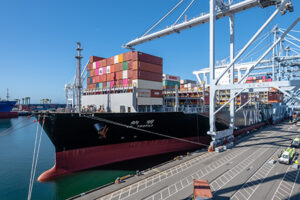The UK has voted to leave the European Union, after the voting showed a near 52-48% split, signalling an uncertain future for Britain as it seeks to barter its own trade deals free from the European Union market.
The consequences of a leave vote have already begun to surface as the FTSE 100 (a share index of the top 100 companies on the UK stock exchange) dropped by 8.6% (500 points) within the first few minutes of trading.
The pound has also fallen against the dollar by 10%, which hasn’t been seen since 1985.
However, it remains too early to ascertain the full effects, whether positive or negative, of Brexit.
The European Union could well be both politically and economically damaged, with the UK the second biggest economy inside the EU and a key member in terms of power balance with a powerful Germany.
The result is anticipated to spark two years of separations as Britain begins life outside of the EU.
Prime Minister of the UK David Cameron who campaigned for an ‘IN’ vote has since announced his resignation, meaning the UK government will have to reform with supposedly pro-Brexit members of parliament.
Cameron said: “The British people have made the very clear decision to take a different path and as such I think the country requires fresh leadership to take it in this direction.
“I do not think it would be right for me to be the captain that steers our country to its next destination.”









